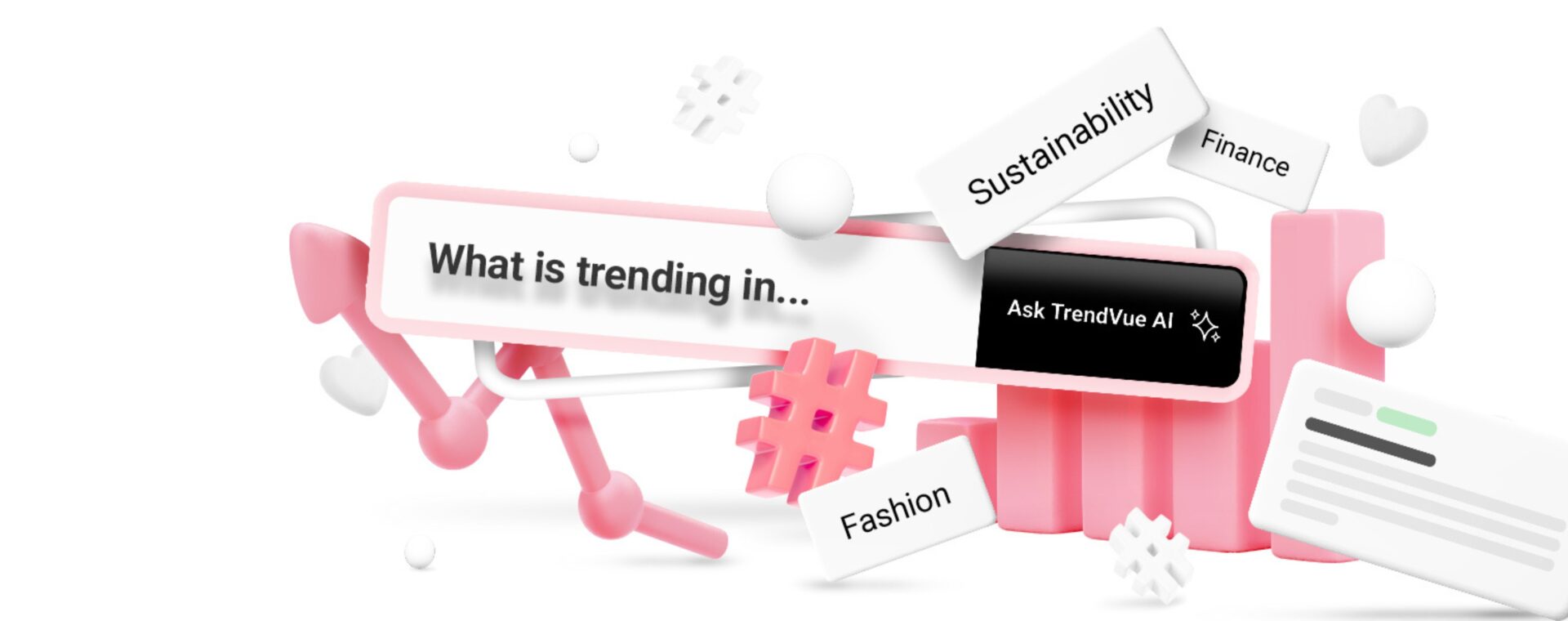
In a 1999 interview with BBC Newsnight, David Bowie made a prescient remark about the future of the internet. ‘I don’t think we’ve even seen the tip of the iceberg,’ Bowie mused. ‘[…] I think we’re actually on the cusp of something exhilarating and terrifying.’
These words resonate 25 years later, as Artificial Intelligence (AI) emerges as the next uncharted technological territory.
Savanta’s UK Business Tracker explores the opinions of 1,000 decision-makers every month. Using aggregated data from 7,011 business decision-makers from July 2023 to January 2024, Savanta has analysed their experiences and perceptions, with a focus on businesses that have already harnessed AI.
These early-adopter businesses still represent a minority. In January 2024, just one in five (22%) reported that they already use AI. But with a further 42% considering how to adopt AI, change is imminent.
Indeed, more and more decision-makers see AI as the way to go. The proportion of businesses that have no plans to use AI in the next year fell from 39% in July 2023 to 33% in January 2024.
As for the profile of early-adopter businesses, the larger the organisation, the more likely they are to be using AI. Just 16% of small businesses (fewer than 250 employees) use AI compared to 34% of medium and large businesses (more than 250 employees). Businesses in IT, technology and communications (36%), with an international presence (32%), and located in London (29%) are more likely to be early adopters than other profiles.
How do early-adopter businesses use AI?
When asked about how they use AI, decision-makers describe a versatile resource that can enhance businesses – big and small – that operate in a range of sectors.
Businesses are most likely to use AI to conduct data analysis (41%), to automate routine tasks (40%), and to generate written content such as marketing or social media material (39%).
Small businesses use AI in different ways from medium and large businesses.
Half of small early-adopter businesses (46%) take advantage of generative AI to create written content for marketing or social media purposes, compared to 29% of large businesses, which are more likely to have well-resourced, standalone marketing departments.
On the other hand, medium and large businesses are ahead of their smaller counterparts when it comes to the use of AI for data analysis (54% vs. 32%), enhanced customer service (47% vs. 29%), and fraud detection and prevention (37% vs. 17%).
These differences reflect the versatility of AI, which allows it to support diverse businesses, from sole traders to multinationals.
What are the benefits of AI for UK businesses?
Businesses use AI in various ways. Yet these diverse enterprises have one thing in common: they all (99%) find AI to be beneficial.
Over half of early-adopter businesses (53%) identify time savings as a key benefit – including two-thirds (69%) of sole traders – while 45% report that AI has improved the speed of doing business. The clear message is that AI can not only improve efficiency but also reduce costs, with 42% of decision-makers citing cost saving as a key benefit.
What does AI mean for my business?
Whether you consider AI to be a threat or an opportunity – or, to return to Bowie, exhilarating or terrifying – the experiences of early-adopter businesses are positive. They see AI as a versatile, multipurpose resource that delivers tangible benefits.
And AI is here to stay – just ask the early adopters. 84% agree that AI is a game-changing technology that will transform the way their business operates, while 78% warn that businesses that don’t embrace AI will be overtaken and replaced by those that do.
The pertinent question is: ‘What comes next?’ Will other businesses catch up, or will the early adopters use AI to pull ahead of the competition? Whatever the answer, businesses have everything to gain – and little to lose – by exploring how AI can work for them.
The Savanta Business Tracker will continue to monitor attitudes toward AI as it evolves and matures and more businesses explore its potential.
About the Savanta Business tracker
Our monthly (UK) and quarterly trackers (Europe) monitor the recovery, resilience and adaption of businesses. Whether you want to understand the latest pressures and challenges impacting businesses on a regular basis or just ask a couple of questions to support your decision-making, our monthly tracker provides a timely and cost-effective approach!
To find out more contact our dedicated team of B2B experts.





